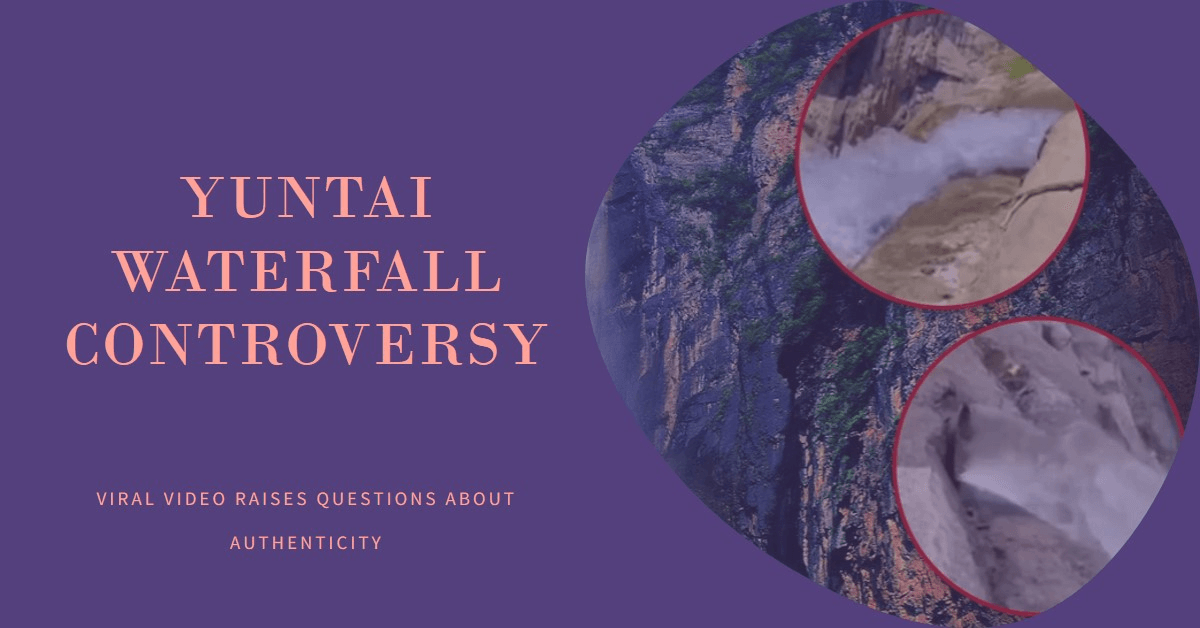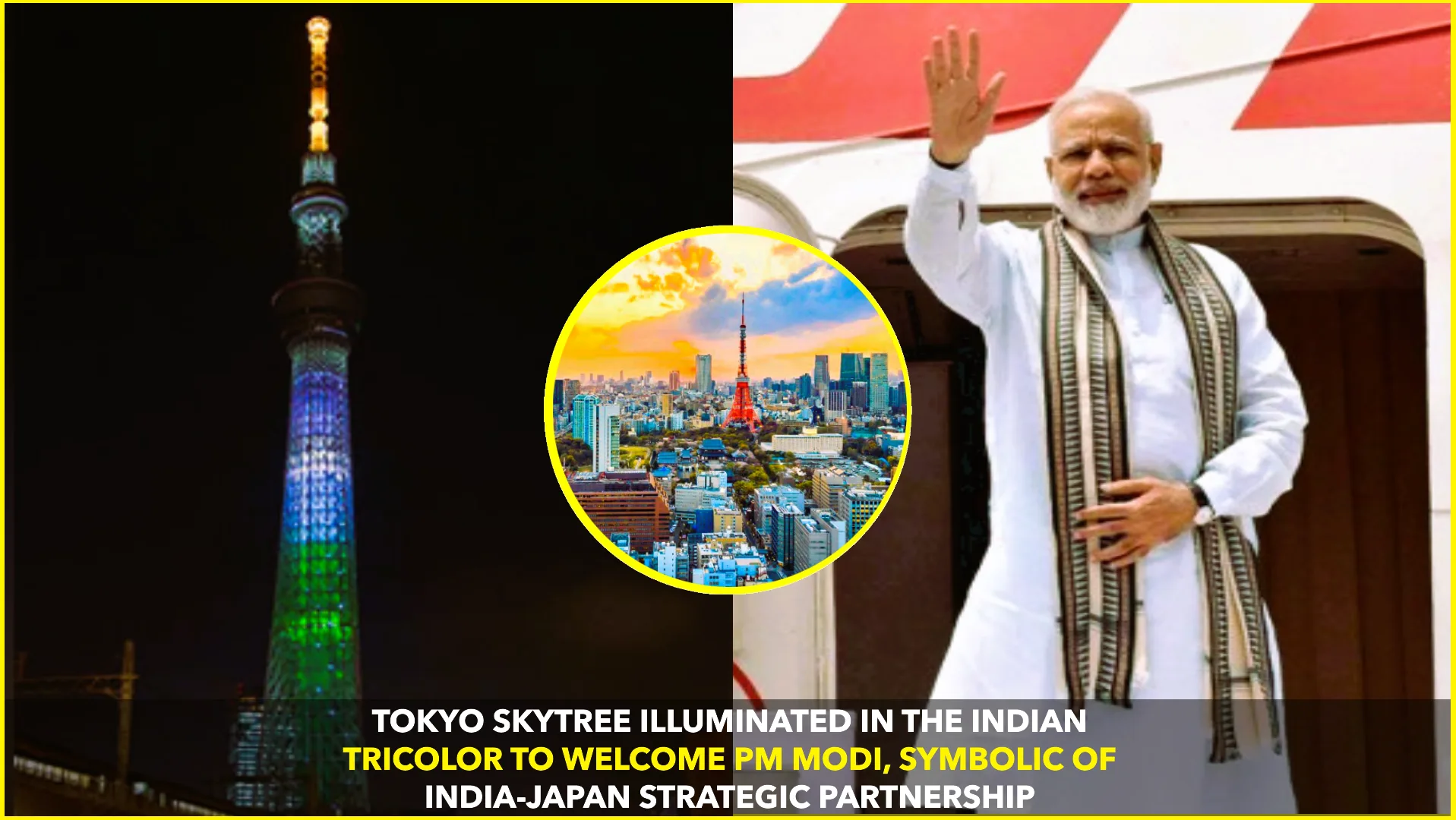A recent social media video has cast doubt on the natural origins of Yuntai Waterfall, the purportedly tallest waterfall in China. The footage, uploaded by a hiker under the username “@unlimited_ls”, appears to show pipes discreetly feeding water into the cascading falls.
The video has garnered significant attention online, with many expressing surprise that a prominent tourist attraction like the Yuntai Mountain Scenic Resort in Henan province would employ such measures. The resort boasts a prestigious “AAAAA” rating, the highest designation awarded by China’s Ministry of Culture and Tourism.
Park officials have responded by acknowledging the pipes’ presence. They assert, however, that the pipes represent a minor augmentation employed during dry seasons to supplement the natural flow and maintain the waterfall’s visual appeal for visitors.
While the resort’s explanation aims to address public concerns, it hasn’t quelled the online discussion. Social media has seen a surge of memes and jokes, with the hashtag #MadeinChina gaining traction. Users have expressed amusement, questioning the authenticity of various aspects of life and jokingly envisioning a hidden control panel for the waterfall.
The incident transcends mere amusement. It has ignited a dialogue about transparency in tourist destinations and the lengths to which attractions might go to maintain a specific image. The Yuntai Waterfall joins a growing list of “man-made marvels” exposed in recent years. The episode underscores the importance of transparency and its role in fostering trust with tourists.
The impact of the Yuntai Waterfall controversy on China’s tourism industry is a double-edged sword. Here’s how it could play out:
Negative Impacts:
- Loss of Trust: Tourists may feel deceived and less inclined to visit China, fearing other attractions might be similarly inauthentic.
- Damaged Reputation: The “Made in China” jokes highlight a perception of prioritizing image over genuineness, potentially tarnishing China’s tourism brand.
- Shifting Tourist Preferences: Travelers seeking truly natural experiences might choose destinations known for their raw beauty.
Positive Impacts:
- Increased Scrutiny: The controversy could lead to more transparency from tourist destinations in China, potentially enhancing trust in the long run.
- Focus on Diverse Attractions: China boasts a vast array of genuine historical, cultural, and natural wonders. Tourists might shift focus to these instead of waterfalls.
- Short-Term Publicity: The negative attention could paradoxically generate short-term interest in the waterfall, drawing curious visitors.
The overall impact depends on how China’s tourism industry reacts. If they prioritize transparency and showcase the country’s wealth of genuine attractions, the negative effects could be mitigated.
#epicinfinite #epicarticle #epicblog
Is authenticity important to you when choosing travel destinations? Let us know in the comments!










